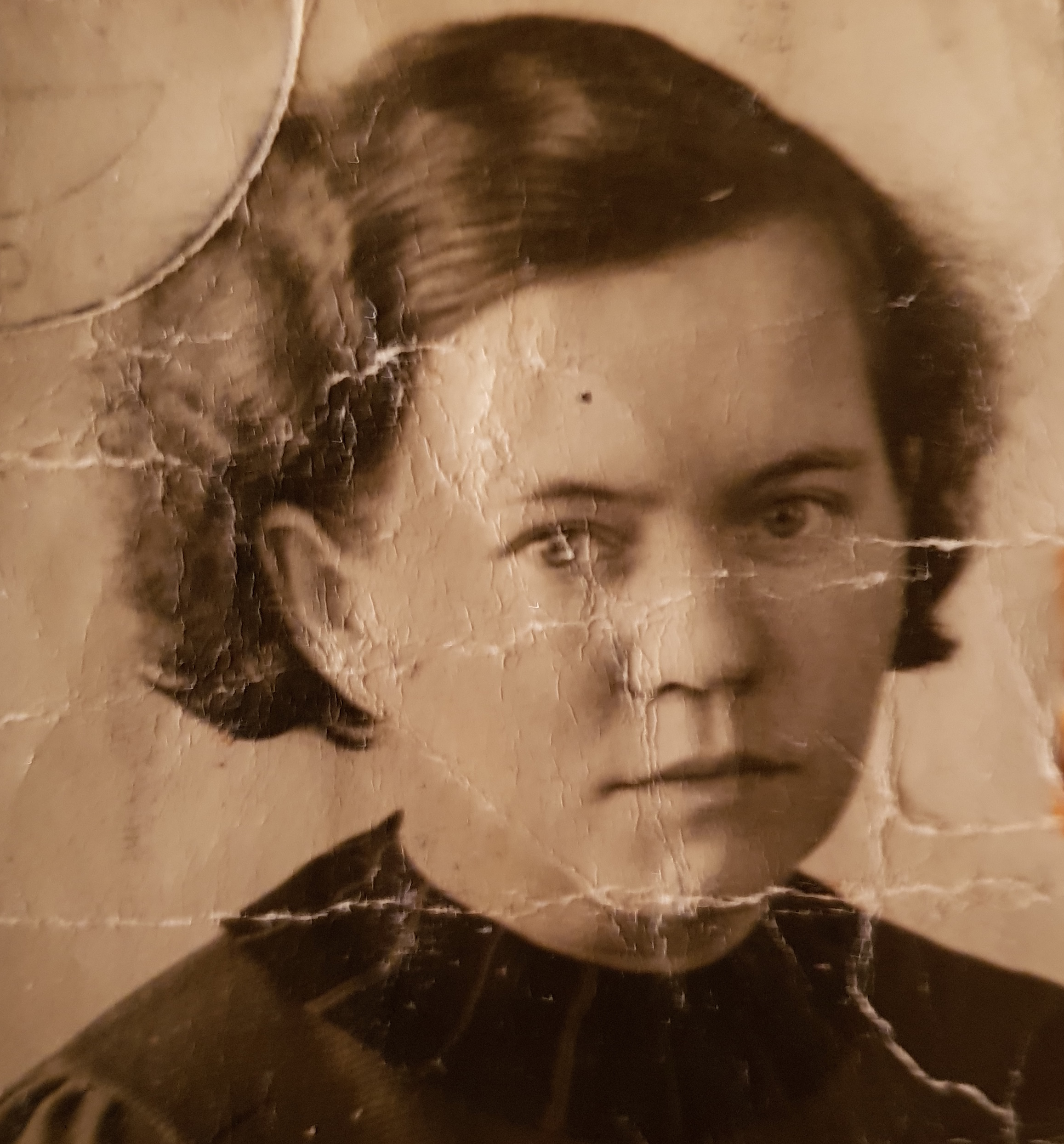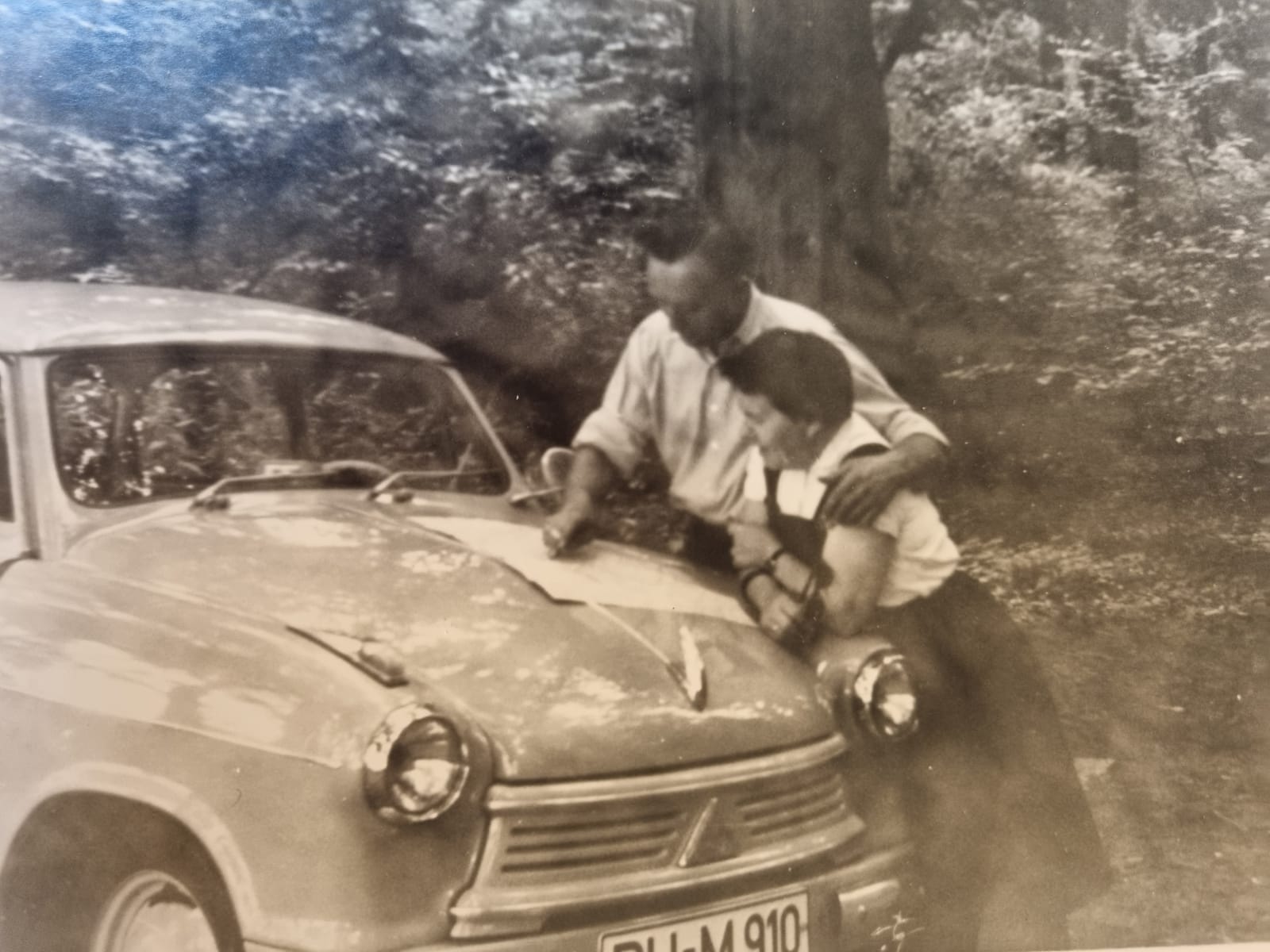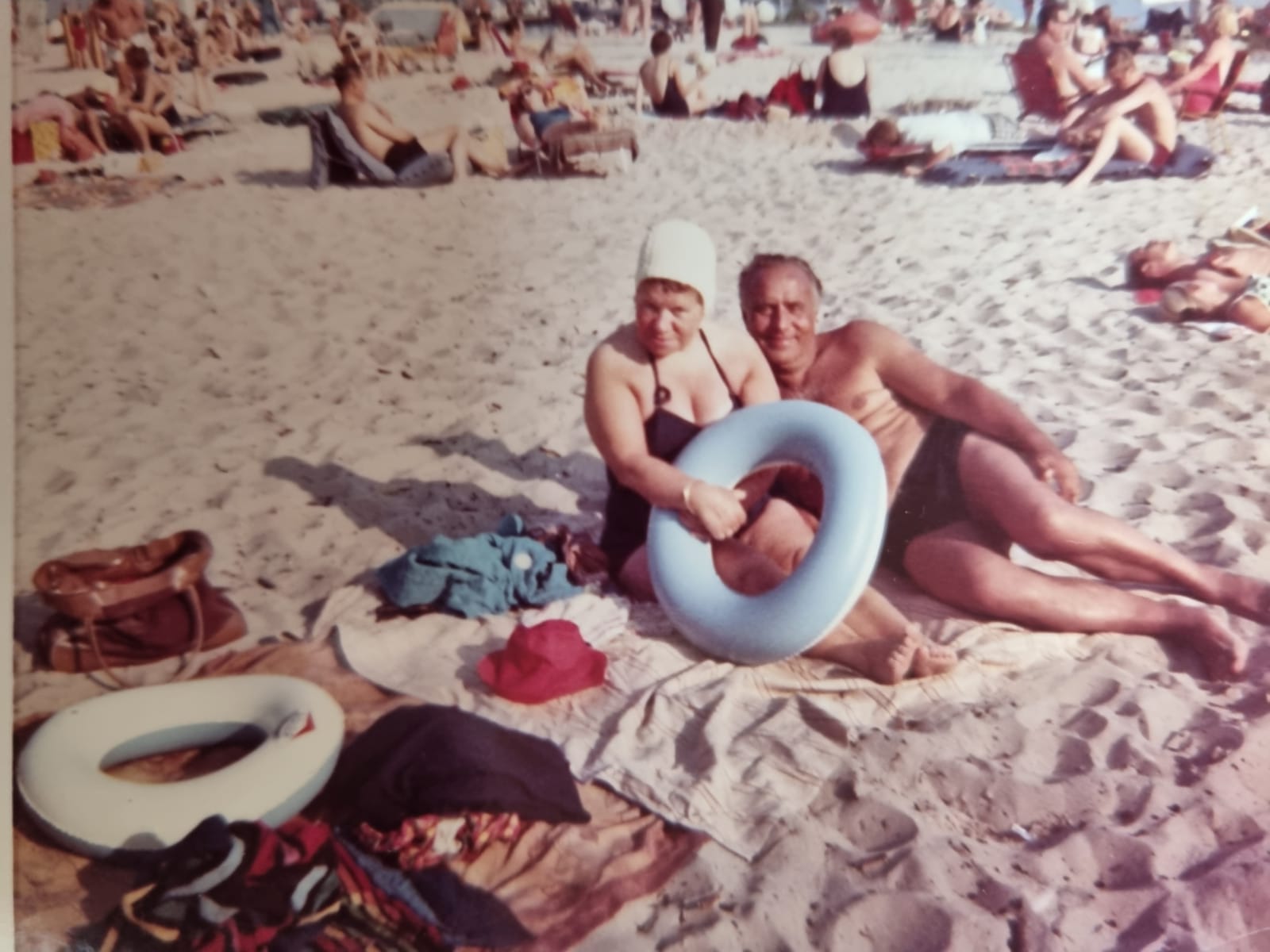Anita (Mutti) was a force to reckon with, a formidable lady with a strong personality she could crush a person twice her size in an argument. She had a robust Christian faith and power of positive thinking, and she could manifest almost anything that she wanted or needed. However, she could often offend in truth and would not beat around the bush when she had something to say.
She met her husband Herbert at just nineteen and soon fell pregnant, marrying just three months before her baby daughter, Inge (the authors’ mother-in-Law), was born.
Anita found creative ways of making money even in her twenties, and indeed throughout her life, she proved to be a true entrepreneur. Following the death of Herbert in Italy, during the second world war, Anita and her family needed to make their escape from East Prussia as the Russians advanced.
She married Sepp Hospodarz at the end of the war, and they lived in Isernhagen. However, it was never really a love match, and eventually, they divorced. Anita then met Heinz Engel, who looked after her very attentively for the rest of her life.
Anita held a great capacity to forgive and move on in her life, and whilst she spoke about what happened to them in their escape from East Prussia, it wasn’t something that controlled her thoughts. Anita held the respect of those who knew her, and many would go to her house and just sit and listen to her, taking advice from her, and her opinion mattered to them all.
For the last year of her life, she was bed-bound and non-communicative, even though the Doctors struggled to diagnose a medical condition that left her in this state. All the family visited her, and Inge went to Germany often. Anita died in the January of her 90th year.
Anita’s daughter Inge carried this story all her life long, it coloured her life, and she made her family promise that they would not forget what happened to them and, in particular, the lost souls on board the Wilhelm Gustloff.
Beverly asked her sons to record an interview with their grandmother. After she died in 2015, all the records and memorabilia went to her son Dennis and Beverly, and they started to document some of the information they found.
Three years later, when on holiday in Portugal, Beverly’s friend Pauline suggested that Beverly should stop just talking about writing a book about the events of January 1945 and get on and start writing. That was the catalyst that was needed, and the book started that day on 3rd July 2018.



